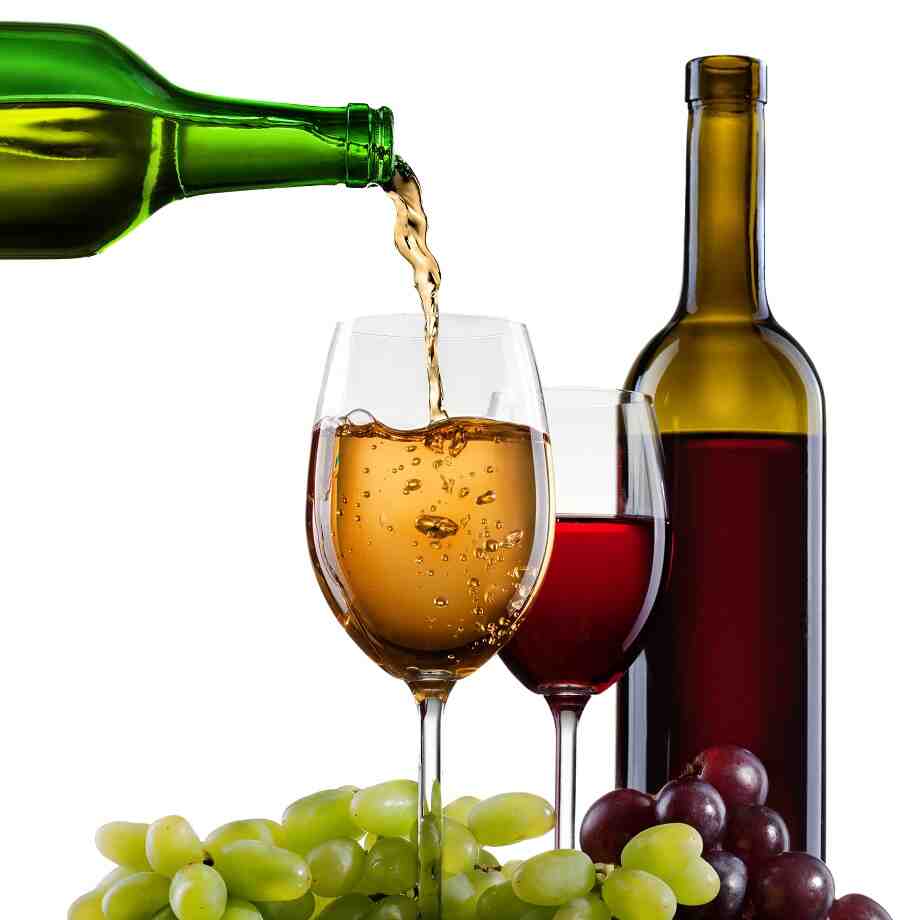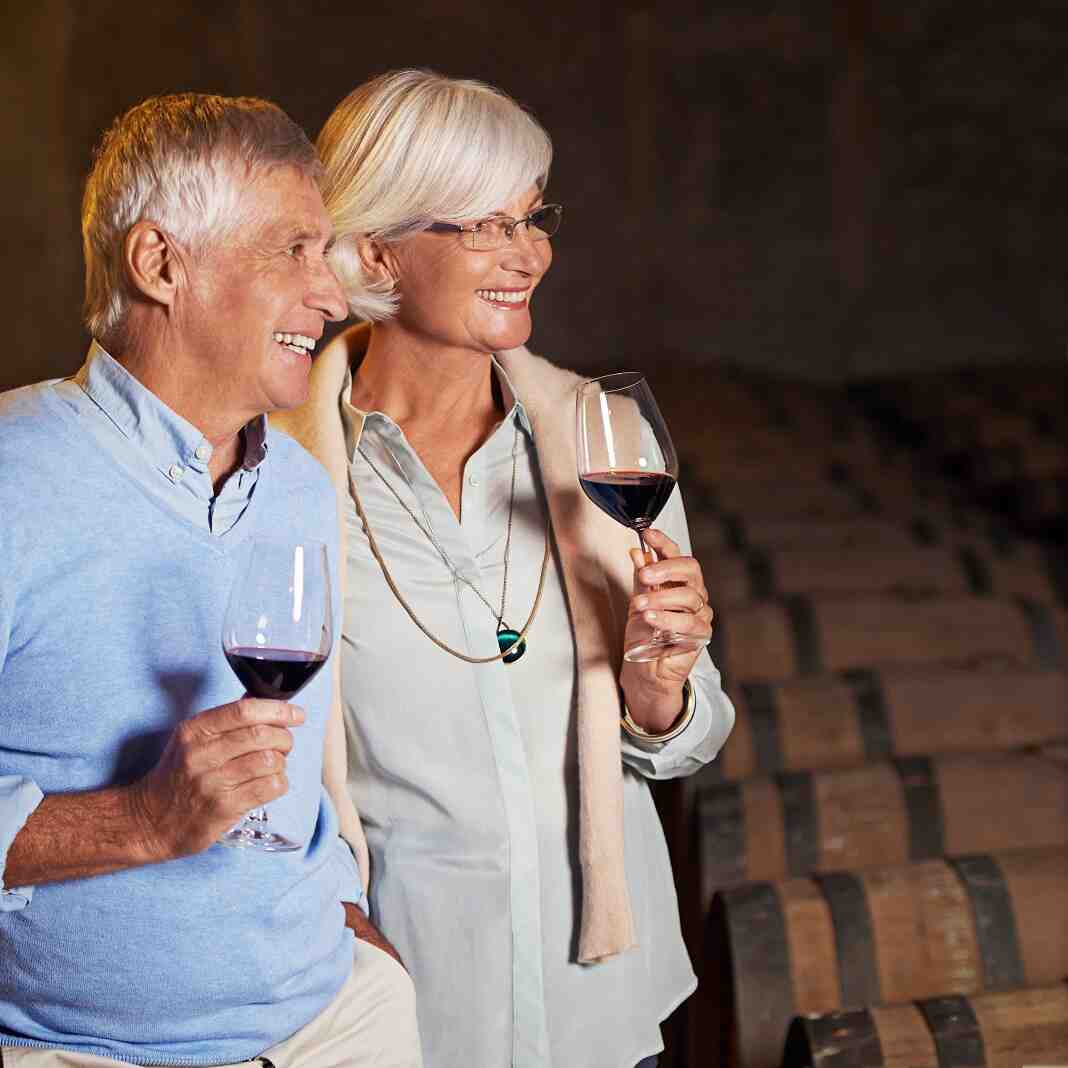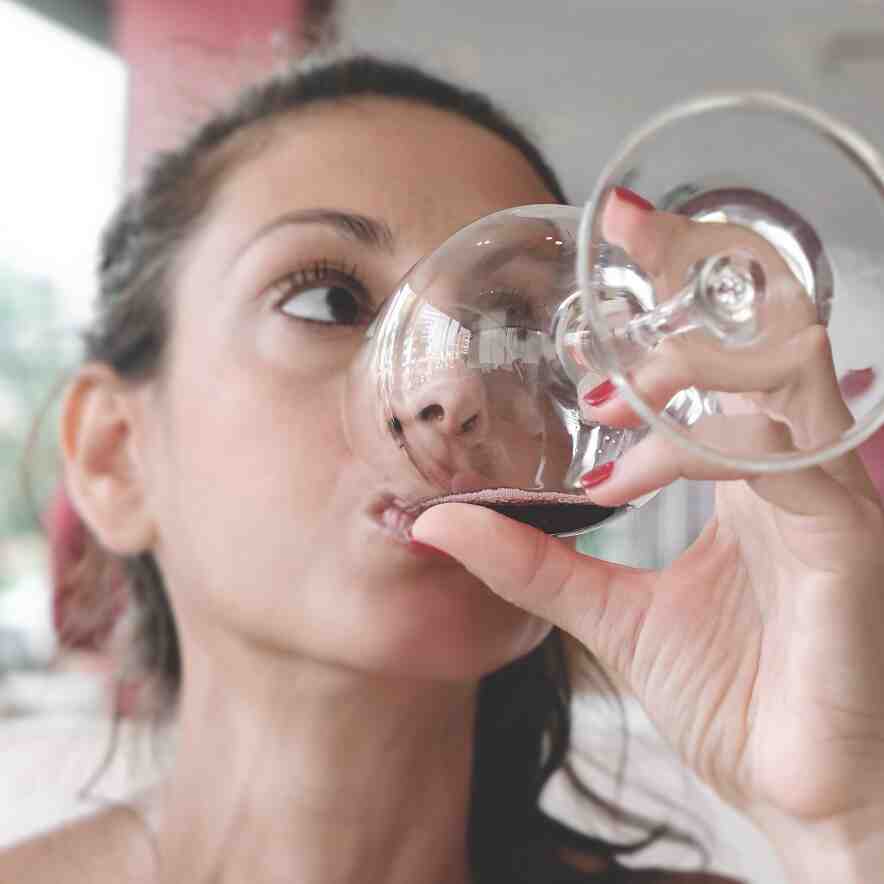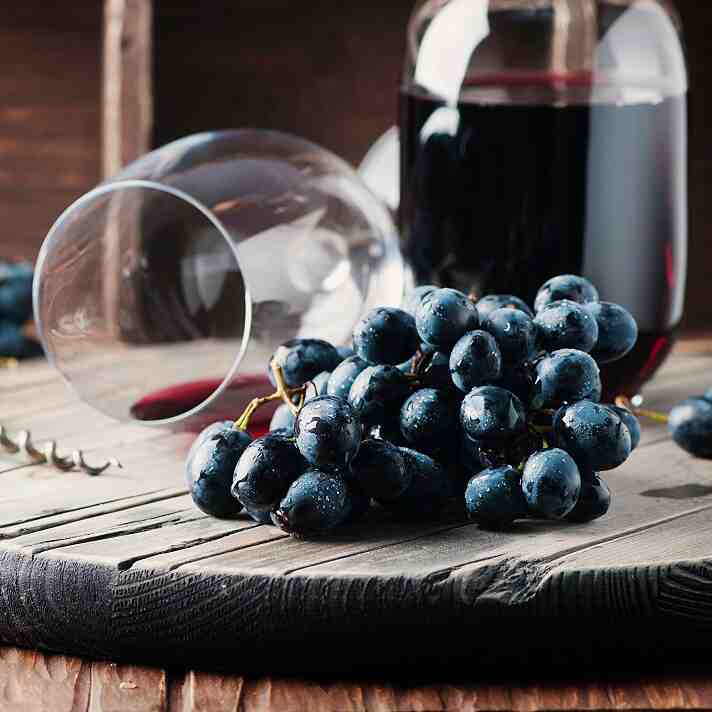Can Wine Prevent Aging? The Science Behind It
Aging is a natural process that everyone experiences, but in today’s world, many of us are searching for ways to slow it down. While no single solution can turn back the clock, certain lifestyle choices can help manage the effects of aging, and wine—especially red wine—has become a popular topic in discussions about longevity. The idea that wine might offer anti-aging benefits isn’t just a passing trend; there’s some science behind it, particularly regarding its antioxidant content and effects on the body. But does drinking wine actually prevent aging? Let’s dive into the research and explore how wine might influence the aging process.
The Key Players: Antioxidants and Polyphenols in Wine
Wine, particularly red wine, is rich in compounds known as polyphenols, which have garnered attention for their potential health benefits. Polyphenols are plant-based antioxidants that have protective properties and can help fight oxidative stress, a major contributor to aging. The most famous polyphenol in wine is resveratrol, which has been linked to a range of potential health benefits, including longevity and anti-aging effects.
1. Resveratrol: The Anti-Aging Superstar
Resveratrol is a naturally occurring compound found in the skin of red grapes, which is why red wine contains higher concentrations of it compared to white wine. Research into resveratrol has suggested that it may help protect the body from age-related diseases and promote longer lifespan, although the full extent of its effects in humans is still being studied.
- Oxidative Stress and Aging: Oxidative stress occurs when there’s an imbalance between free radicals (unstable molecules that damage cells) and antioxidants in the body. Free radicals can accelerate the aging process by causing cell damage, leading to wrinkles, reduced elasticity in the skin, and the development of age-related diseases like Alzheimer’s and heart disease. Resveratrol, as a potent antioxidant, helps neutralize free radicals, thus slowing down the damage caused by oxidative stress.
- Sirtuins and Longevity: One of the most intriguing findings about resveratrol is its potential to activate sirtuins, a group of proteins that play a critical role in regulating cellular health and longevity. Sirtuins are believed to help repair DNA, reduce inflammation, and protect against age-related diseases. Some studies suggest that resveratrol can activate these sirtuins, which might contribute to a longer, healthier life.
Though these findings are promising, it’s important to note that much of the research on resveratrol has been conducted in animals or in laboratory settings, and the results in humans are still inconclusive. Additionally, the amount of resveratrol in a glass of wine is relatively small, so drinking wine specifically for its resveratrol content may not provide significant anti-aging effects unless consumed in much larger quantities, which brings us to another important factor: moderation.
2. Flavonoids and Tannins: Protecting Your Skin
Red wine also contains other polyphenols like flavonoids and tannins, which are believed to have anti-aging benefits, particularly for the skin. These compounds have antioxidant properties that can help reduce inflammation, protect against UV damage, and improve the appearance of skin over time.
- Flavonoids: These polyphenols, which include compounds like quercetin and catechins, are known for their ability to fight oxidative stress. Studies have suggested that flavonoids may help prevent damage to collagen, a protein responsible for skin structure and elasticity. Maintaining collagen levels as we age is key to preventing wrinkles and sagging skin.
- Tannins: Tannins are another group of antioxidants found in wine that can help reduce inflammation and oxidative damage. Some research suggests that tannins may also help support skin health by promoting the regeneration of skin cells and reducing the visible effects of aging, like fine lines.
Wine and the Skin: Can It Really Help?
While wine may help protect the skin from the inside, it’s important to remember that drinking wine isn’t a substitute for good skincare. Hydration, sun protection, and nutrient-rich skincare are still essential for maintaining youthful skin. That said, the antioxidants in wine may provide some extra support in the battle against aging.
Interestingly, some studies have found that the polyphenols in wine might also help the skin recover from sun damage. UV rays cause oxidative stress, leading to wrinkles, fine lines, and even skin cancer over time. The antioxidants found in wine may help repair some of the damage caused by UV exposure, although this doesn’t mean you can skip sunscreen in favor of a glass of wine!
Wine and Heart Health: A Vital Component of Aging
While wine’s potential effects on skin and wrinkles are interesting, a key component of aging is the health of our internal organs, particularly the heart. Cardiovascular health is a critical factor in the aging process, and moderate wine consumption has been associated with certain heart benefits.
1. The Mediterranean Diet and Longevity
One of the most well-known studies linking wine to longevity is the Mediterranean diet, which emphasizes moderate wine consumption (mainly red wine) as part of an overall healthy lifestyle. The Mediterranean diet has been associated with a reduced risk of heart disease, lower rates of stroke, and longer life expectancy.
- Heart Health: Moderate wine consumption, particularly red wine, has been shown to have a positive impact on cardiovascular health due to its high levels of antioxidants, such as resveratrol and flavonoids. These compounds help reduce inflammation, improve blood flow, and prevent the buildup of plaque in the arteries, which can reduce the risk of heart disease as we age.
- Longevity: The Mediterranean diet, which includes wine, fruits, vegetables, healthy fats (like olive oil), and lean protein, has been linked to better overall health and increased lifespan. The inclusion of wine in this diet is thought to contribute to the heart-protective effects that support longer life.
2. Wine’s Impact on Cholesterol and Blood Pressure
Studies have suggested that moderate wine consumption may help improve cholesterol levels and reduce high blood pressure, both of which are significant risk factors for age-related cardiovascular diseases. The antioxidants in wine may increase HDL cholesterol (the “good” cholesterol) while lowering LDL cholesterol (the “bad” cholesterol), leading to improved heart health.
- Moderate Wine Consumption: The key word here is moderation. Excessive alcohol consumption, including wine, can raise blood pressure, damage the liver, and contribute to weight gain—all of which can accelerate the aging process. On the other hand, moderate wine consumption has been shown to help maintain healthy blood pressure levels and improve overall vascular function.
Wine and Brain Health: Fighting Cognitive Decline
Aging isn’t just about visible signs like wrinkles; it also involves changes in brain function. As we age, cognitive decline becomes a concern, and maintaining brain health is a top priority for many people. While more research is needed, moderate wine consumption has been associated with a reduced risk of cognitive decline and diseases like Alzheimer’s.
- Resveratrol and Brain Function: Resveratrol’s ability to activate sirtuins is also thought to support brain health. These proteins help protect neurons (brain cells) and may prevent or slow the development of neurodegenerative diseases. Some studies suggest that resveratrol, along with other polyphenols in wine, can help protect the brain from damage and improve cognitive function as we age.
- Wine and Memory: Moderate wine consumption has been linked to improved memory and reduced risk of dementia. The antioxidants in wine can help reduce inflammation in the brain, a key factor in the development of Alzheimer’s and other age-related cognitive issues.
The Caveats: Moderation is Key
While the antioxidants and polyphenols in wine show potential anti-aging benefits, it’s essential to approach wine consumption with moderation. Drinking wine in excess can have negative effects on the body, including liver damage, weight gain, and an increased risk of certain cancers. For the potential anti-aging benefits, the key is moderate consumption—one glass of wine (about 5 ounces) per day for women and up to two glasses for men.
Conclusion: The Truth About Wine and Aging
So, can wine prevent aging? The answer isn’t entirely straightforward. While moderate wine consumption, particularly red wine, does contain antioxidants and polyphenols like resveratrol, which have potential anti-aging properties, it’s not a magic bullet for reversing or halting the aging process. Wine may play a supportive role in promoting heart health, brain function, and skin protection, but it should be enjoyed as part of an overall healthy lifestyle.
To truly slow down the aging process, focusing on a balanced diet, regular exercise, adequate sleep, stress management, and avoiding smoking will have a far greater impact than relying on wine alone. That said, sipping a glass of wine in moderation can certainly be part of a healthy, enjoyable lifestyle that supports aging gracefully. Cheers to that!
